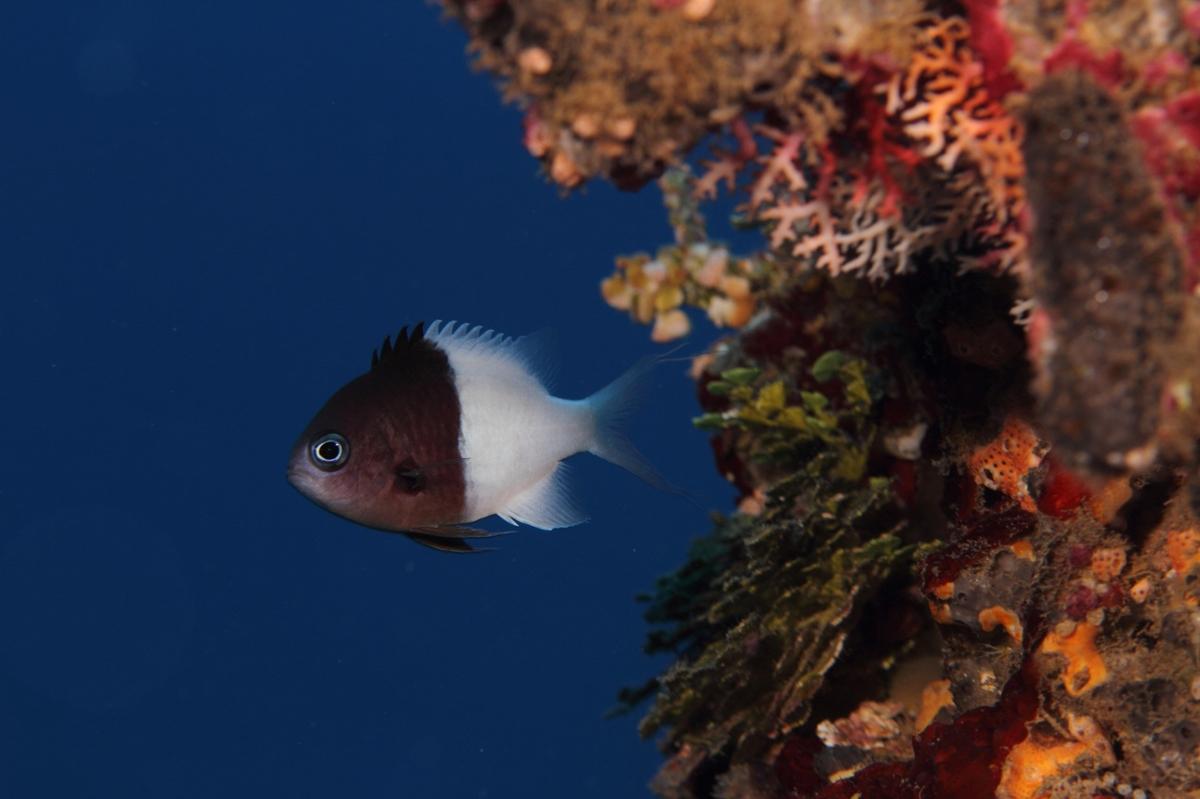Imagine walking through a busy street market. Vendors call at you to buy their wares, but it’s hard to hear them over crowd. You try to look for something to eat, but smoke from burning grills gets in the way. And the smells—food, spices, gasoline—are overwhelming.
For the oceans’ fishes, a scenario like this is all too common. Making their way through polluted water, they become disoriented, as sights, smells, and sounds crowd the waters. Chemical and noise pollution, and reduced water clarity, interfere with the senses, as well as the fishes’ natural instincts.
For instance, rising levels of acidity in the ocean confuse a fish’s brain as it processes smells. Ocean acidification, caused by CO2 emissions, makes it hard for prey to smell approaching predators—and hard for the predators to smell their prey. When the food chain breaks down, populations—of both hunter and hunted—decline.
The ocean is also getting louder. Fishes make noise. They whistle, chirp, hum, sing, swish. But boat engines, sonar, and deep-sea mining cause quite the racket, making it difficult for fishes to hear the call of friends or potential mates. Limited vision, caused by pollution-fueled algae blooms or increased sediments, can have the same effects. Female fish can’t see the dances or bright colors of showy males when the water is dark and cloudy.
As researchers offer new clues about how fish navigate the world, they warn that our scaly friends might not be able to adapt. Without serious effort to address such problems, we may face an unpleasant future: one without “plenty of fish in the sea.”










